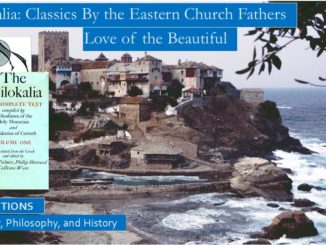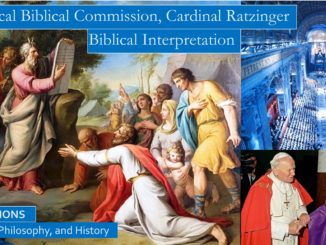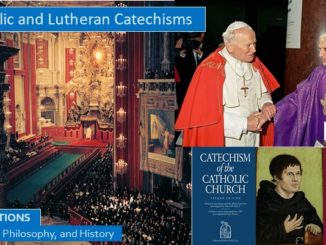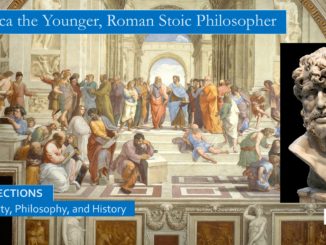
Introduction to the Philokalia, the Love of the Beautiful
When the Russian pilgrim in the spiritual classic, “The Way of a Pilgrim,” hears the Scriptures being read that exhorts us to pray without ceasing. He asks a monk in a monastery how he can pray without ceasing, and the simple answer is he can start on his path by each day praying more. He selling all he has, giving it to the poor, to embark on a spiritual pilgrimage, trudging through the forests of Siberia. His only possessions in his travel bag are the Holy Scriptures and the Philokalia, the treasured writings of the early Greek Church Fathers. […]



